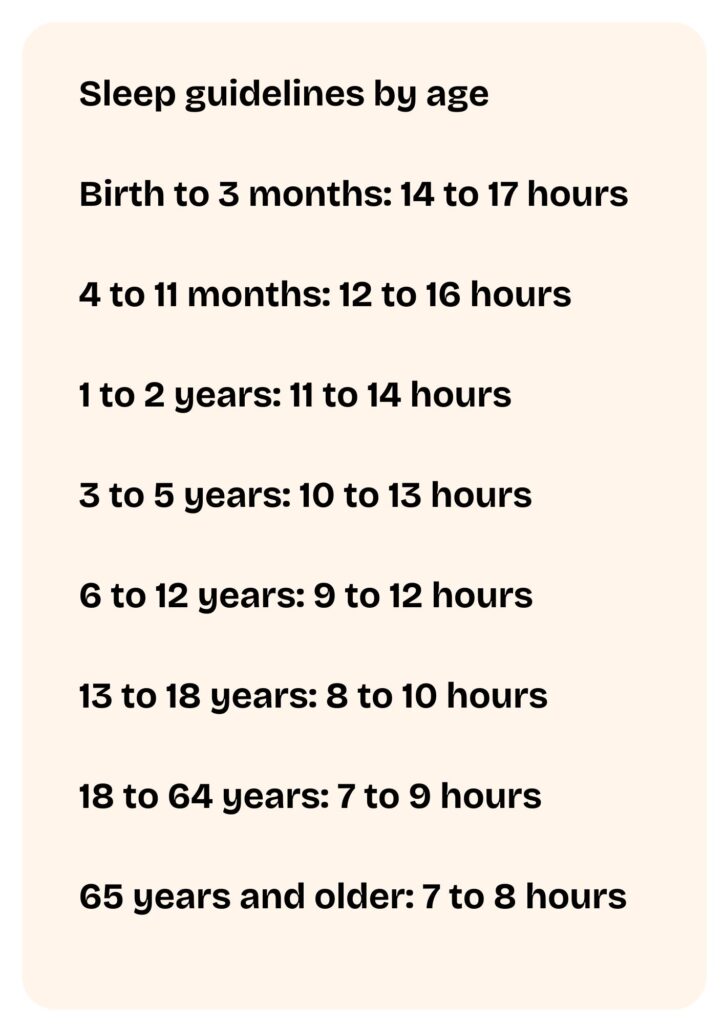Limiting stimulants like caffeine and nicotine, exercising regularly (but not too close to bedtime), and managing stress through relaxation techniques can also help enhance sleep.
Getting better sleep is vital for overall health and well-being. To improve sleep quality, it’s important to establish a consistent sleep schedule, create a relaxing bedtime routine, and optimize your sleep environment by making your bedroom cool, dark, and quiet.
Additionally, keeping naps short and not too late in the day prevents disruptions to nighttime rest. Prioritizing these habits can lead to better mood, cognitive function, and physical health.
Why is more sleep necessary for good health?
More sleep is necessary for good health because it allows the body and brain to rest, repair, and rejuvenate. Sleep plays a vital role in various physiological processes:
Physical Restoration: During sleep, the body repairs tissues, muscles, and bones, boosts the immune system, and releases growth hormones that support cellular growth and regeneration.
Brain Function: Sleep helps consolidate memories, enhance learning, and improve cognitive functions like problem-solving, decision-making, and creativity. It also clears out toxins that accumulate in the brain during wakefulness.
Mental Health: Adequate sleep reduces the risk of mood disorders like depression and anxiety. It helps regulate emotions and supports overall mental well-being.
Energy Levels: Sleep is essential for restoring energy, which is necessary to perform daily activities efficiently. It improves concentration, alertness, and overall productivity.
Hormonal Balance: Sleep regulates hormones that control hunger, stress, and metabolism. Poor sleep can disrupt these hormones, leading to weight gain, stress, and other health problems.
Cardiovascular Health: Good sleep is linked to lower blood pressure, heart rate, and reduced risk of heart disease, stroke, and other cardiovascular issues.
What is the ideal amount of time to sleep?
The ideal amount of sleep varies by age and individual needs, Some people may feel rested with less than 7 hours of sleep, while others may require more than 9 hours to function at their best.
Factors like lifestyle, stress, physical activity, and overall health can also influence how much sleep is ideal for an individual.but general guidelines table are:


